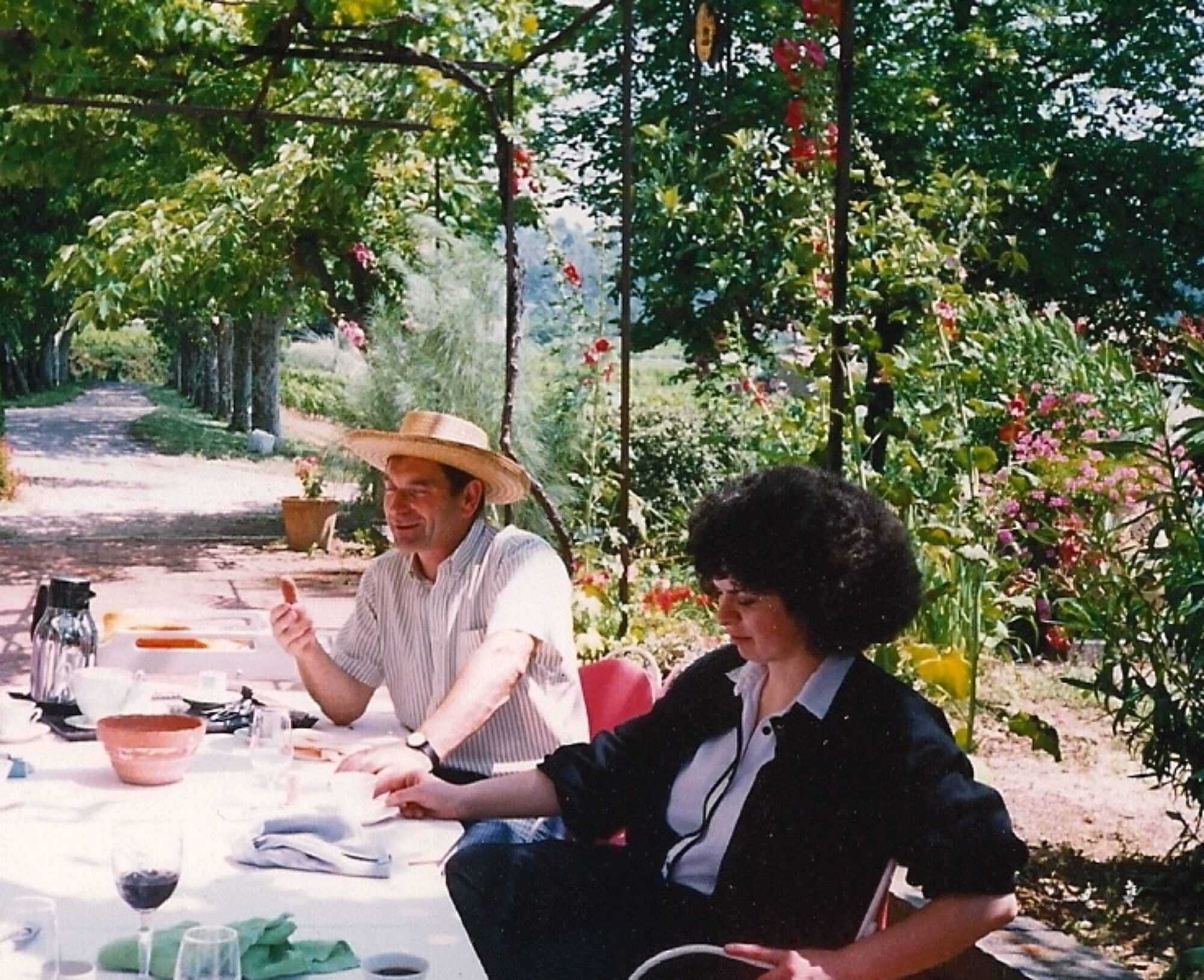After Alexander Pushkin’s Не дай мне бог сойти с ума. Thanks to E.K. for the gloss.
O God, don’t let me go nuts,
better to beg in mud and ruts,
better endless hunger, movement.
Not that I like my brain,
not that I would disdain
a change therein or improvement.
If ever they set me loose
I would become a recluse
in a forest shadows cloak,
there, inflamed, to sing or scream
and let each strange daydream
go up in whorls like smoke,
listen to a crashing wave,
gaze up at empty heaven’s nave,
rapt where I stood.
I would howl, strong and free,
blow like gusts that rake debris,
winds that break down wood.
What misfortune, to go mad,
clapped in a cell, in irons clad.
And then they come to plague you.
Once they chain and lock you, Fool,
some beast in bars to ridicule,
they come to taunt and egg you.
Nights you would no longer hear
birds’ bright songs, nor lend an ear
as a tree in the cold crackles.
So cry out, my comrades in chains.
wake the night-shift with hurricanes
of shrieks! Shake your shackles!
*
Perhaps not the best moment to front a work of the Russian poet and national hero. Yet maybe it is.
I know only a few words of Russian. I have been able to glimpse what Russian poets have done with words solely because a Russian librarian friend shared her love of them with me, Mandelstam, Gumilev, Akhmatova and … Pushkin. She glossed them word by word and afterwards tested me on their senses and worked through the range of connotations.
it should not go unsaid that, by American one-drop standards, the author of Eugene Onegin was black. His maternal great-grandfather was Major-General Abram Petrovich Gannibal, born near the shores of Lake Chad and kidnapped to Constantinople, whence he was traded as a page-slave to Peter the Great’s court (https://en.m.wikipedia.org/wiki/Abram_Petrovich_Gannibal)
Just saying.
